Housing affordability is the hot topic of discussion at BBQs and offices around the country. As the Federal Budget draws near, it’s interesting to look at how housing affordability is being addressed to date and also see the speculation about how the government might address the issue.
What’s happened to date:
Victorian Government:
Cuts to first homebuyer stamp duty
The Government have announced that they will be cutting stamp duty for first home buyers purchasing a property under $600,000 from July this year. Stamp duty discounts will also be applicable for property purchases between $600,000 and $750,000 on a sliding scale.
Co-ownership pilot plan
The Government has announced that it will run a pilot program where the Government will take a 25% share in 400 homes across the State. Those who earn between $95,000 (couples) and $75,000 (singles) are eligible to apply with a 5% deposit. Once the home is on-sold, the owners would receive 75% with the Government receiving 25% of the sale price.
What has been proposed:
Allowing first home buyers to access their superannuation for a housing deposit
It has been reported that the Federal government may allow young people to divert compulsory superannuation payments into a special account that would be used to purchase their first home.
Under the proposed plan, people would be able to divert their superannuation payments into the fund for a period of up to 3 years. There has been a lot of discussion about this proposal, with some industry participants and the Labor party indicating that they will not support the proposal.
Making changes to negative gearing
During a recent speech, Treasurer Scott Morrison noted that “2 million taxpayers in Australia have an interest in a residential investment property. 72 per cent own just one property and 90 per cent own no more than two. 1.3 million of these taxpayers negatively gear their investments, including 58,000 teachers and one in five police officers. Two thirds of those taxpayers who negatively gear their investments have a taxable income of $80,000 or less”. But in February 2017 Federal Finance Minister Matthias Cormann said that the government has absolutely no intention to reduce capital gains taxes or to make changes to negative gearing.
Swap from stamp duty to land tax
Price Waterhouse Coopers has recently proposed that property purchasers should be able to choose between paying “stamp duties up front or land tax in smaller instalments”.
The PWC report notes that there would be a gradual adoption of land tax over stamp duty, highlighting that stamp duty is a major drag on the economy because it discourages downsizing and relocation.
Government bonds and affordable housing
Treasurer Scott Morrison has signalled that he would support the idea of using government bonds to raise “cheaper, long term finance for affordable housing” through an affordable housing finance corporation.
If this model was adopted, the government would be able to raise up to $200 million that could then be used to provide loans to community housing providers for the development of affordable housing.
Zoning changes at a local government level
It has been reported that at a local level there is a shortage of strategically located land zoned to factor in affordability issues.
Access to land and major infrastructure projects also encourage interest from investors keen to get in on the ground in key growth areas. There is also push back from residents who are not in favour of large development projects in their area because of insufficient supporting infrastructure.
Foreign ownership
During March this year, the NSW Treasurer said that the government was talking about a new strategy to increase stamp duty for foreign property investors. Credit Suisse recently obtained information through a freedom of information request that showed tax data implying that foreigners were purchasing property at an annualised rate of $4.9 billion in NSW and $3.1 billion in Victoria. Credit Suisse also highlighted in a report published on Business Insider that “foreign demand for housing in NSW is currently running at an annualised rate of $4.9 billion and is the equivalent of 25 per cent of new supply”.
With the Federal budget fast approaching, it will be interesting to see what elements are tweaked in a bid to increase housing affordability.



Social